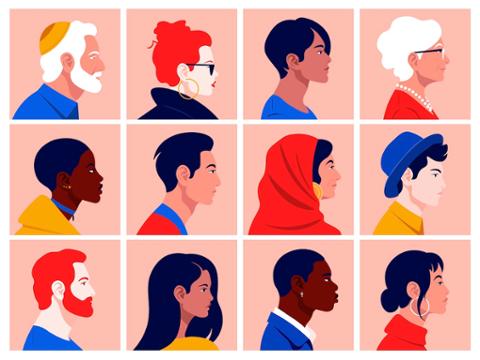With protests over racial inequality and police brutality sweeping the nation, Google is adjusting its own internal policies to make them more equitable. In a letter to employees, Google CEO Sundar Pichai suggested that his goal is “lasting, meaningful change.”
What does meaningful change look like at Google? “First, we’re working to improve Black+ representation at senior levels and committing to a goal to improve leadership representation of underrepresented groups by 30 percent by 2025,” Pichai wrote. On a tactical level, that will mean more external recruiting for senior management roles, along with “site and country-specific plans to recruit and hire more underrepresented Googlers.”
That’s in addition to internal programs designed to boost the hiring, retention, and promotion of underrepresented groups within Google (as well as ensure their mental and physical health). As with so much at the company, this added focus on accountability will be paired with measurable goals of some sort. The big question is whether these programs can do more than Google’s existing diversification efforts, which have translated into incremental (but somewhat steady) progress over a number of years.
Pichai also plans on changing some key policies within Google’s buildings. For example:
“We’ve had a security practice of Googlers watching for ‘tailgaters’ in order to reduce instances of unauthorized visitors in offices. We have realized this process is susceptible to bias. So, over the past year, our Global Security and Resilience team partnering with a cross-functional working group, conducted extensive research, listened to Black Googlers’ experiences, and developed and tested new security procedures to ensure we could maintain the safety and security of the Google community without relying on this type of enforcement. Now, as we prepare to return to the office, we will end the practice of Googlers badge-checking each other and rely on our already robust security infrastructure.”
Google plans on gradually reintroducing employees to its offices, with only 10 percent to 15 percent returning at first. Many may not return for the rest of 2020, and some of the company’s in-office amenities—including its cafeterias and break rooms—will remain closed until the COVID-19 pandemic has truly passed. This “reset” offers Pichai the chance to more seamlessly integrate some of these physical policies.
Changing the Product Roadmap
Google is also adjusting its external products to meet the moment, Pichai wrote:
“Some activations have already launched, including the Assistant’s responses to questions related to Black Lives Matter and—as of this week—Juneteenth. We're also working quickly to give merchants in the U.S. the option of adding a ‘Black-owned’ business attribute to their Business Profile on Google to help people find and support Black-owned local businesses by using Search and Maps. This opt-in feature is in development and will roll out to Business Profiles in the coming weeks.”
Google has already committed millions of dollars to organizations working to address “racial inequalities,” and YouTube (one of its subsidiaries) is rolling out a multi-year, $100 million fund dedicated “to amplifying and developing the voices of Black creators and artists and their stories.” While these programs are earning the company a lot of publicity, though, it may take years before their actual effect can be measured.



